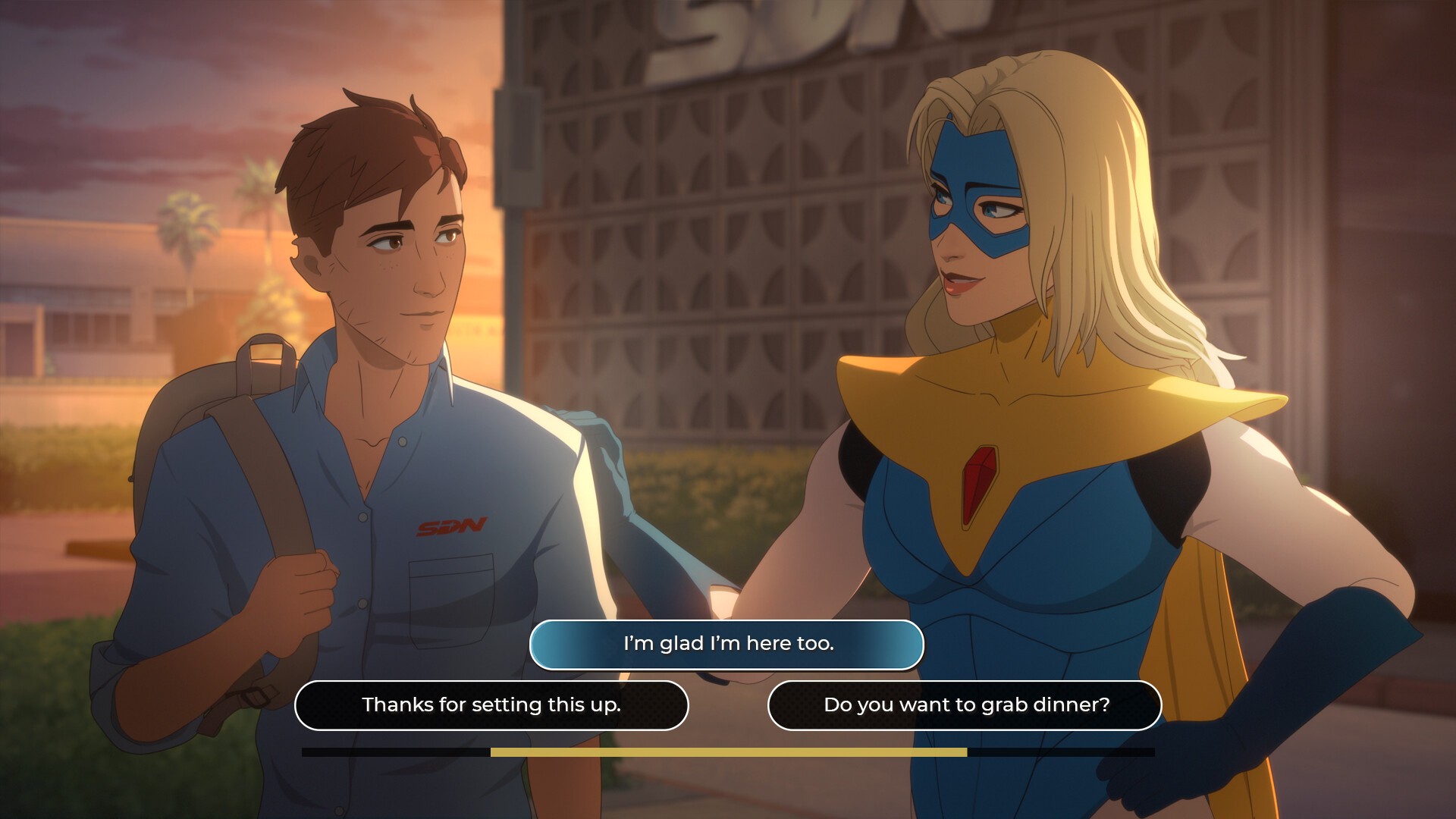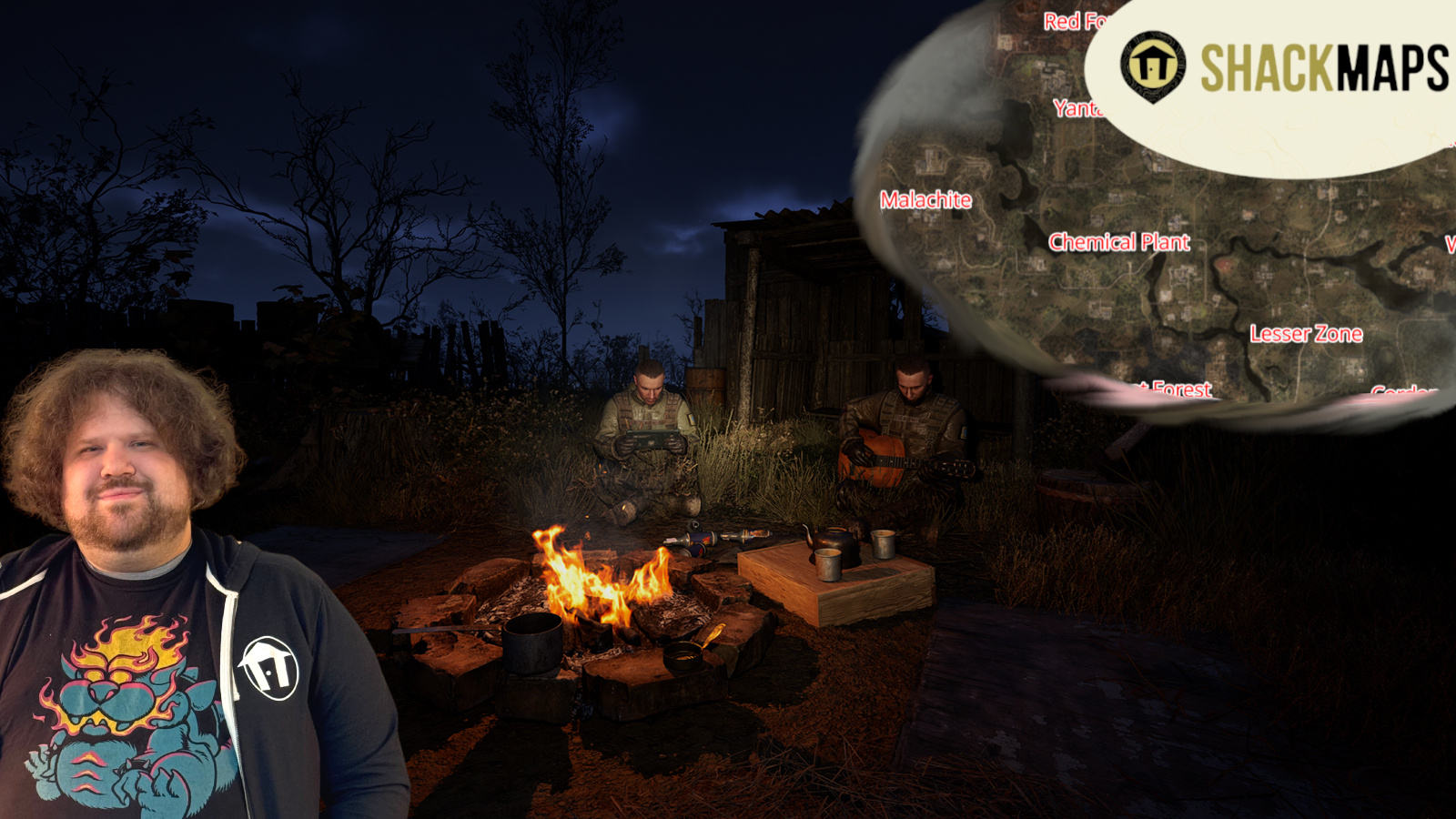Telltale Games wasn’t just the name of a gaming company—it represented an entire style of video game that they pioneered and perfected. For those who haven’t played their titles, whether it was “Guardians of the Galaxy,” “Borderlands,” “The Expanse,” “Batman,” or most famously “The Walking Dead,” Telltale games were short, eight-to-10-hour experiences more reminiscent of an animated TV show than a classic video game.
There were moments when you directly controlled the character, but these sections tended to feel clunky. Most of the game involved watching a well-made, well-voiced, and well-written TV series featuring these characters across multiple episodes, where you made choices through critical decisions and dialogue trees. Essentially, it was the modern version of a choose-your-own-adventure game—and their best titles were fantastic.
It was disappointing when Telltale Games collapsed in 2018, seemingly taking the genre down with it. However, a group of former developers has come together to start a new studio called AdHoc Studio. Their first game, “Dispatch,” is not just a welcome return to this genre but arguably the best version of this style yet.
While watching the TV show segments, the game is more entertaining and engaging than ever before. The minigames and sections between these segments, where you have direct control, no longer feel like obligatory interludes merely designed to add variety. Instead, they are generally fun experiences in their own right.
Story remains at the center of the experience. You play as an Iron Man-like superhero who has been defeated by a supervillain responsible for the death of his father. Out of money, options, and without your superhero suit, your protagonist takes a job at a superhero corporate office as the dispatcher for a team of heroes, assigning them missions and coordinating their actions.
The gameplay breaks down into three core parts:
1. **Narrative Choices:** The backbone is the classic Telltale-style narrative experience, where you choose how conversations unfold and make various story decisions. While the dialogue options appear meaningful, many differences are relatively minor at this stage. Trying different choices won’t drastically alter outcomes—though this may evolve in later episodes.
2. **Dispatching Missions:** You manage missions from a top-down city view by assigning superheroes to incidents based on their unique attributes. A mix of luck mechanics and attribute upgrades adds depth and complexity. This mechanic is instantly fun and improves the more you play. It’s so engaging that it would be great if there were a mode to enjoy dispatching outside the episodic story constraints, allowing you to upgrade characters and perfect your strategy.
3. **Hacking Minigame:** Surprisingly, the hacking sections—used to unlock cameras and doors—are also genuinely enjoyable. If you’ve ever played the classic flash game *Bloxorz*, this minigame feels like a modernized, more engaging version.
“Dispatch” is planned to run for eight episodes, with two released every week. Having played the first four, it’s possible the story endings might disappoint or drift off course. However, the initial episodes are funny, engaging, well-voiced, and feature great characters.
This game offers a rare new superhero story that’s neither generic nor ironic and cynical. It’s also balanced in tone—not targeted entirely at kids nor overly adult-only like “The Boys.” The only slight issue is a few moments of excessive swearing by the lead character, but that is a minor quibble.
Overall, “Dispatch” boasts some of the rare game writing that truly hooks you in, and it even made me laugh multiple times. It’s a promising resurgence of the narrative-driven adventure genre and well worth checking out.
https://www.nysun.com/article/game-of-the-week-dispatch


